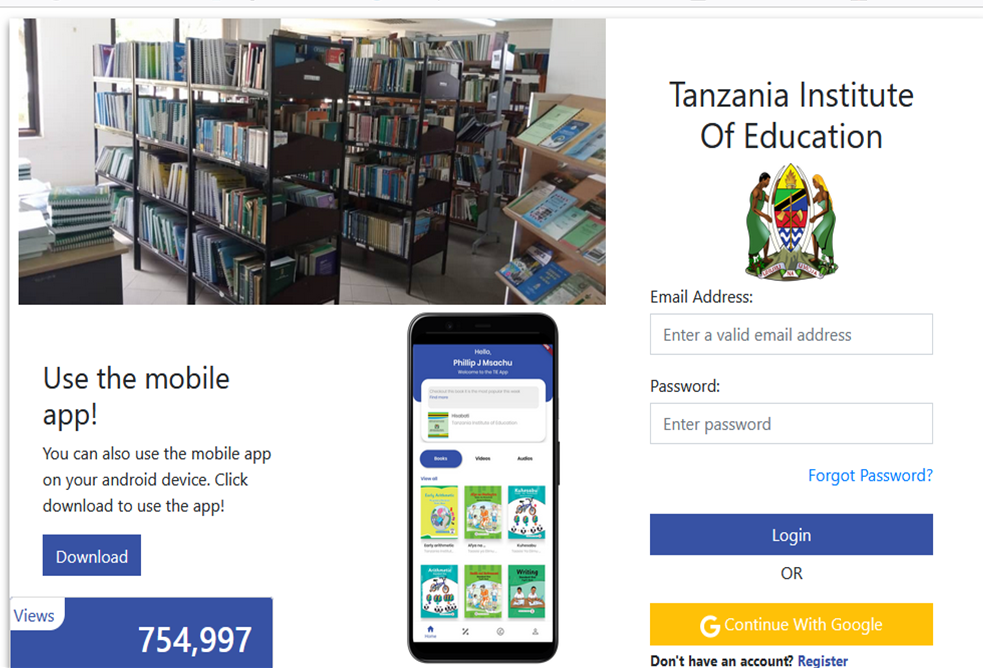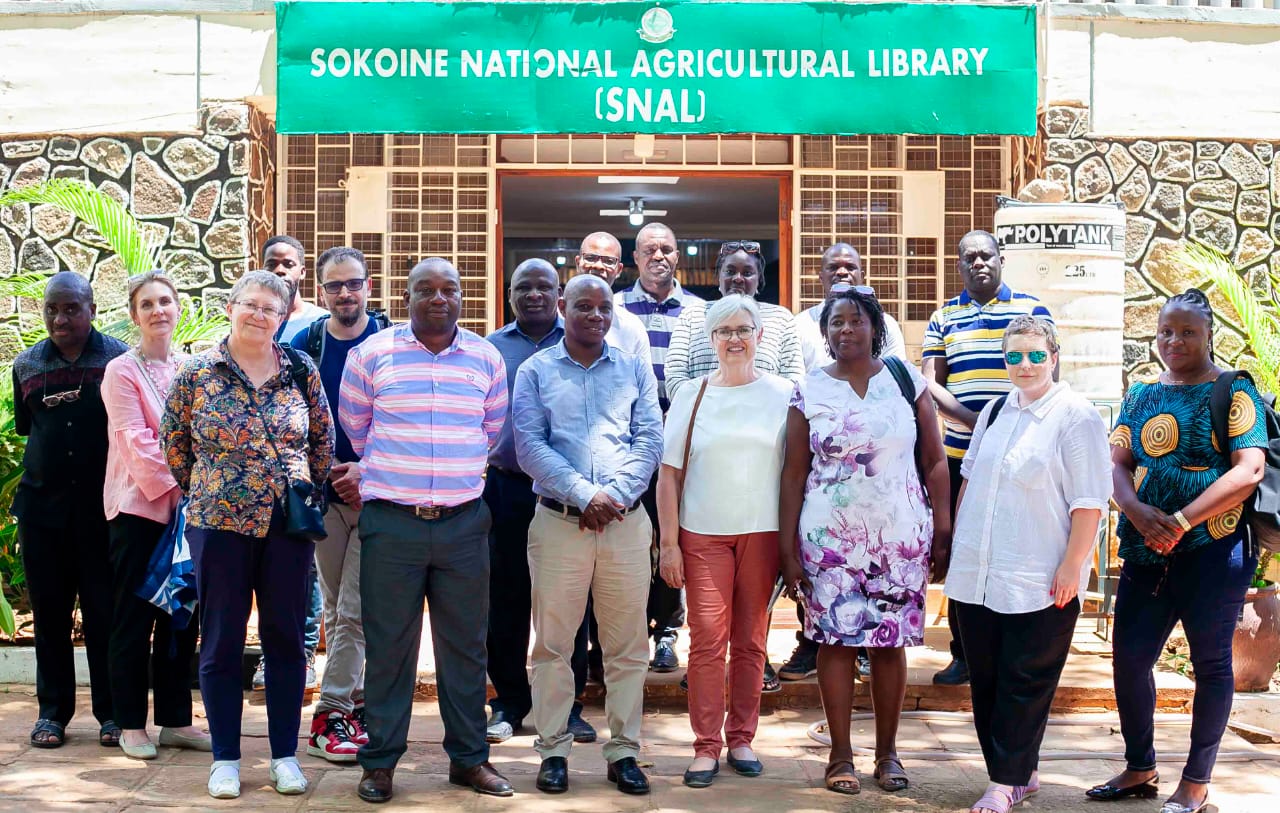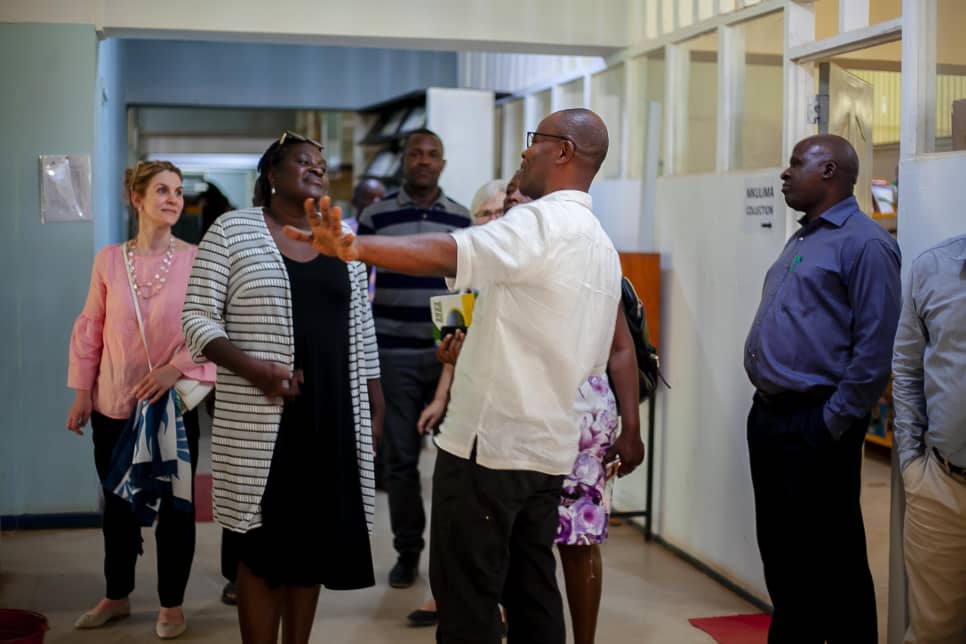SUA BRIM Students Conclude Field Practical Training at SNAL, Praised for Commitment and Dedication
Fifty Bachelor of Records and Information Studies (BRIM) students from Sokoine University of Agriculture (SUA) bid farewell to the Sokoine National Agricultural Library (SNAL) after completing a five-week Field Practical Training (FPT) program. Held at both Edward Moringe and Solomon Mahlangu Campus libraries, the program provided hands-on experience and garnered praise from SNAL management for the students' commitment and passion.
During their FPT at SNAL, spanning from March 13th to April 18th, nearly fifty BRIM students engaged in various tasks aimed at bridging classroom learning with practical experience. Tasks included sorting, digitizing, organizing, and cleaning documents, providing students with invaluable skills applicable to real-life scenarios in library and records management.
"The FPT program goes beyond skill acquisition; it's about problem-solving and customer service," remarked a spokesperson from SUA. "By working alongside SNAL staff, students gained insights into collection evaluation and management, setting the foundation for their future careers."
At the farewell ceremony held at the Solomon Mahlangu Campus (SMC) library building, SNAL management commended the students for their exemplary participation and dedication during the training period. "FPT was not merely a requirement; it was a trans formative experience," stated Prof W. Mtega, Director of SNAL represented by Senior Human Resource Office Mr. Malaki. "These students demonstrated resilience, adaptability, and a dedication to excellence that will serve them well in their future endeavors."
Students also expressed appreciation for the supportive environment at SNAL, noting the cooperation and passion exhibited by staff members. "We expected a strict and rigorous training environment, but instead found ourselves welcomed with open arms," shared one student. "The experience has truly broadened our understanding of library management."
Looking ahead, SNAL management extended an open invitation for students to return for further learning opportunities, emphasizing the importance of ongoing professional development in the field of Records and Information Management.
As SUA BRIM students bid farewell to SNAL, they carry with them not only certificates of completion but also a wealth of practical knowledge and experience. Their time at SNAL has equipped them with the skills and resilience needed to excel in the dynamic field of library and records management. With gratitude for the transformative experience, they look forward to applying their newfound expertise in future endeavors.
Read this article in kiswahili: Wanafunzi wa SUA BRIM Wahitimisha Mafunzo ya Vitendo Katika Maktaba




